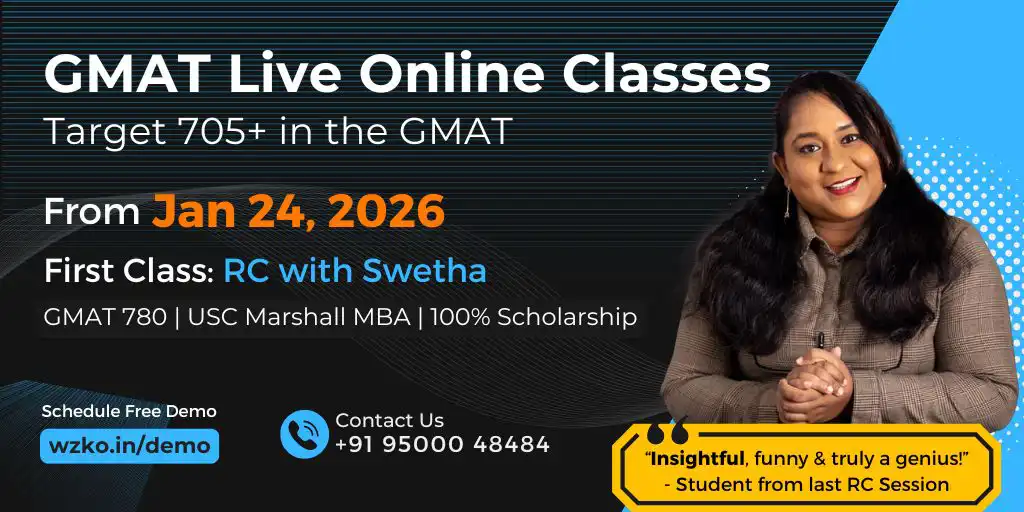
Newsletter Subscribe
Enter your email address below and subscribe to our newsletter

Enter your email address below and subscribe to our newsletter

Can sophisticated algorithms really predict which team will triumph on game day, or are we placing too much faith in statistical models? Do those confident 87% probability forecasts actually mean anything when the underdog pulls off a stunning upset? These Easy RC passages explore the fascinating gap between analytical precision and athletic reality.
Read these hard RC passage(s) in Science Technology and Environment and answer the question(s) that follows. You can choose the GMAT style Reading Passage and the question or the GRE RC variant and answer the GRE-style question. Even better, you could solve both.
Sports prediction models have evolved significantly with advances in data analytics, yet their fundamental limitations remain unchanged. Modern forecasting systems analyze vast datasets encompassing player statistics, historical team performance, and environmental conditions to generate probability assessments for game outcomes. Machine learning algorithms process thousands of variables, from individual athlete metrics to complex team dynamics, successfully identifying statistical patterns that human analysts might overlook.
However, research consistently demonstrates that even advanced predictive models face inherent constraints when applied to athletic competition. Sports events contain numerous unpredictable elements that resist quantification: psychological pressure, unexpected injuries, and random variables such as weather changes or referee decisions. Studies indicate that the most successful prediction systems achieve accuracy rates of approximately 60-65% for professional contests, suggesting that roughly one-third of outcomes remain fundamentally unpredictable despite comprehensive data analysis.
Furthermore, fan expectations often conflict with statistical realities. While supporters may favor emotional narratives about team momentum or individual heroics, empirical evidence reveals that such subjective factors contribute minimally to actual performance outcomes compared to measurable athletic capabilities.
The main idea of the passage is that:
The passage presents a balanced view of sports prediction models, acknowledging both their sophisticated analytical capabilities (first paragraph) and their inherent limitations due to unpredictable elements (second and third paragraphs). The opening sentence establishes this dual perspective: “evolved significantly… yet their fundamental limitations remain unchanged,” and the entire passage develops this central theme of capabilities versus constraints.
Correct Answer: Choice (A)

Last season, statistical models unanimously favored the Riverside Tigers to defeat the Metropolitan Lions, citing superior offensive metrics, advantageous historical matchups, and optimal weather conditions. The prognosticators confidently assigned an 87% probability to a Tigers victory. Yet the Lions secured a decisive 24-3 triumph, rendering the elaborate calculations essentially meaningless. This outcome exemplifies a fundamental flaw in contemporary sports analytics: the presumption that athletic contests can be reduced to mathematical certainties.
Unlike controlled laboratory experiments where variables remain constant, sporting events encompass inherent volatility that defies quantification. The psychological state of individual athletes, team chemistry fluctuations, and spontaneous tactical adjustments create a dynamic system resistant to algorithmic prediction. While statistical analysis provides valuable insights for understanding general trends and patterns, treating these models as definitive forecasting tools represents a misapplication of their actual utility. Sports prediction should serve as an analytical exercise rather than a reliable predictor of outcomes, acknowledging that uncertainty constitutes an integral component of athletic competition rather than a limitation to overcome.
The passage suggests which of the following about sports prediction models? Select ALL that apply.
The author explicitly contrasts sports events with “controlled laboratory experiments where variables remain constant,” indicating that sports prediction fundamentally differs in its inability to control variables (A). The passage also states that statistical analysis “should serve as an analytical exercise rather than a reliable predictor of outcomes,” directly supporting that their value lies in insights rather than predictions (B). Choice (C) is incorrect because the author argues these psychological factors create “volatility that defies quantification,” suggesting they make prediction less reliable, not more.
Correct Answer: Choices (A) and (B)